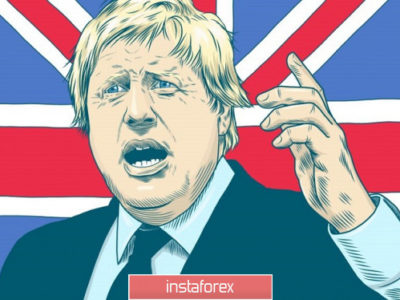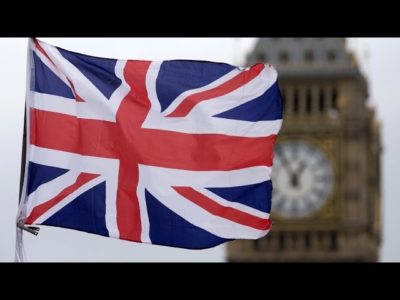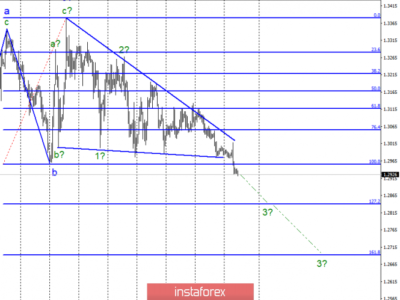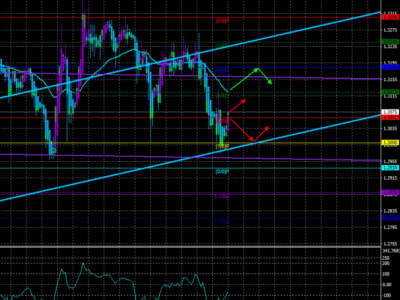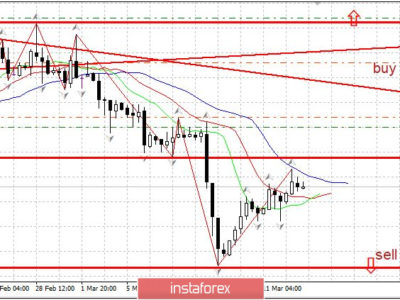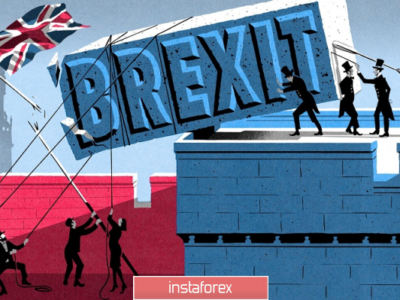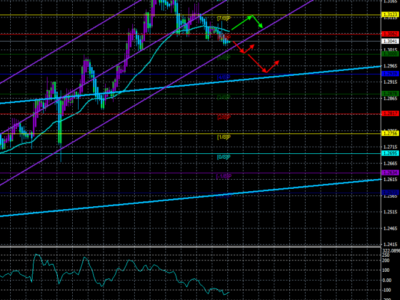The Brexit Effect Hits UK Salaries, but Possibly Boosts Tourism
The United Kingdom’s decision to leave the European Union (EU) on June 23 may have transformed Britain’s economic outlook for the foreseeable future. According to recent data published by job search engine Adzuna, the immediate impact of the so-called Brexit has been on wages.
In July, the average advertised UK salary was £32,688, down 2.4% from a year earlier. Factoring inflation, real UK wages have declined by 3%, according to Adzuna.
Brexit has played a major role in the “widespread stagnation” of wages, as industries “wait for political and economic decisions to become clearer,” Adzuna said.
While Britain has received some political clarity in recent months with the appointment of Theresa May to Prime Minister and her subsequent cabinet selections, Brexit is expected to take years to come to fruition. According to David Davis, Downing Street’s new Secretary of State for exiting the EU, Britain will formally notify Brussels of its intention to leave the bloc before the end of the year.[1] Mr. Davis has stated his intention to negotiate a new free trade agreement with the EU, but that outcome is far from guaranteed.
Until then, employers could be sitting on their hands. If Adzuna’s data are any indication, the average worker will soon feel the pinch.
“The resilience of the jobs market can’t be forgotten,” according to Adzuna co-founder Doug Monro, as quoted by Bloomberg. “The unemployment rate has fallen to levels not seen since 2005 and this is hugely encouraging.”[2]
The Bank of England (BOE) has already doubled down on its efforts to ensure that wages don’t stagnate too much and that the economic recovery doesn’t sputter as a result of Brexit. The Bank slashed interest rates to a new record low of 0.25% in August and expanded the size of its bond purchase program by tens of billions of pounds.
The immediate impact of Brexit hasn’t been entirely negative. The referendum triggered a massive selloff in the British pound, which in turn may have boosted British tourism and retail sales. According to the Confederation of British Industry (CBI), retail sales rose in August at their fastest pace in six months. The official measure of retail sales released by the Office for National Statistics also showed a 1.4% jump in July.
However, long-term the fall in the British pound could negatively impact consumer spending, according to CBI’s head of economic analysis Anna Leach.
“While the fall in sterling has boosted visitor numbers to the UK, it is likely to push up the price of imported goods over time which will mean households will be more likely to rein back spending on non-essentials,” she said.[3]
The UK’s economic growth is forecast to slow considerably next year, according to the BOE.
[1] Laura Hughes (July 14, 2016). “New Brexit Minister David Davis declares Article 50 should be triggered by end of year.” Telegraph.
[2] Thomas Seal (August 29, 2016). “U.K. Salaries Weaken as Employers Start to Hesitate Post-Brexit.” Bloomberg.
[3] Zladata Rodionova (August 25, 2016). “Brexit fails to stop UK shoppers spending as retail sales beat expectations.” The Independent.
The post The Brexit Effect Hits UK Salaries, but Possibly Boosts Tourism appeared first on Forex.Info.
Source:: The Brexit Effect Hits UK Salaries, but Possibly Boosts Tourism

